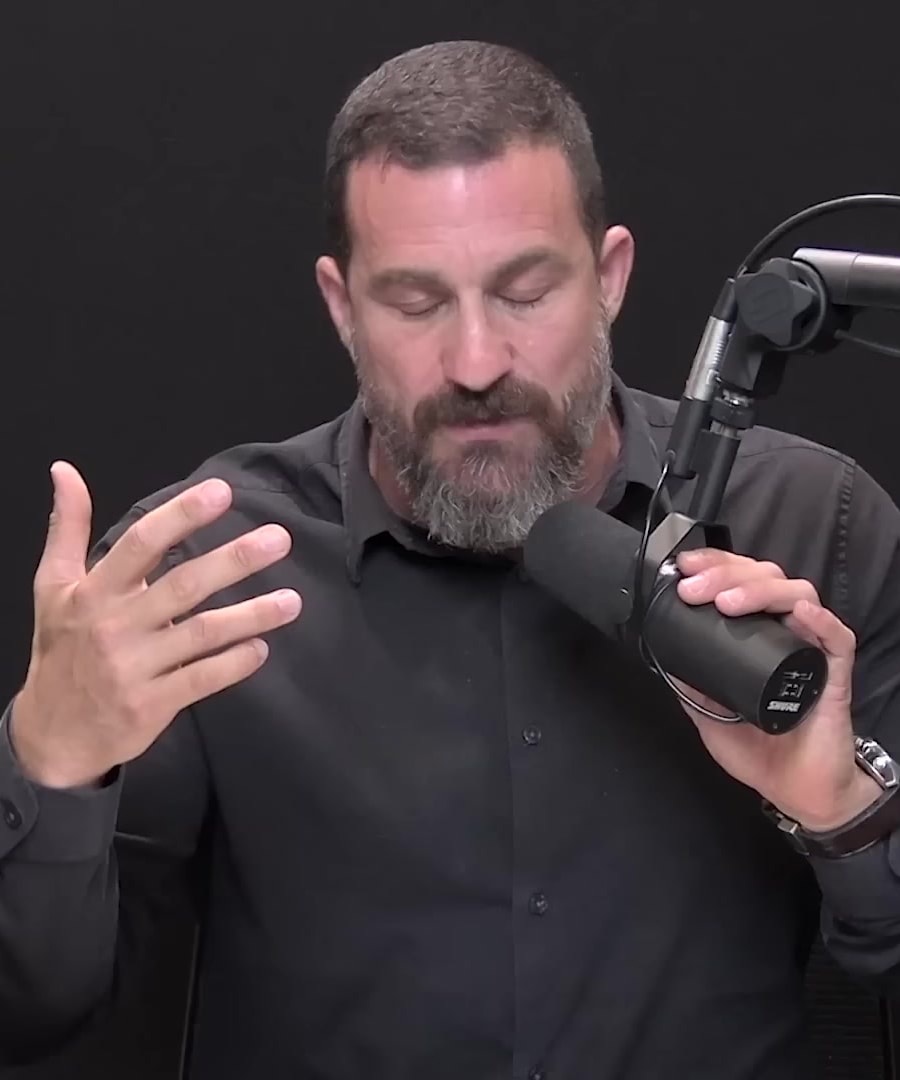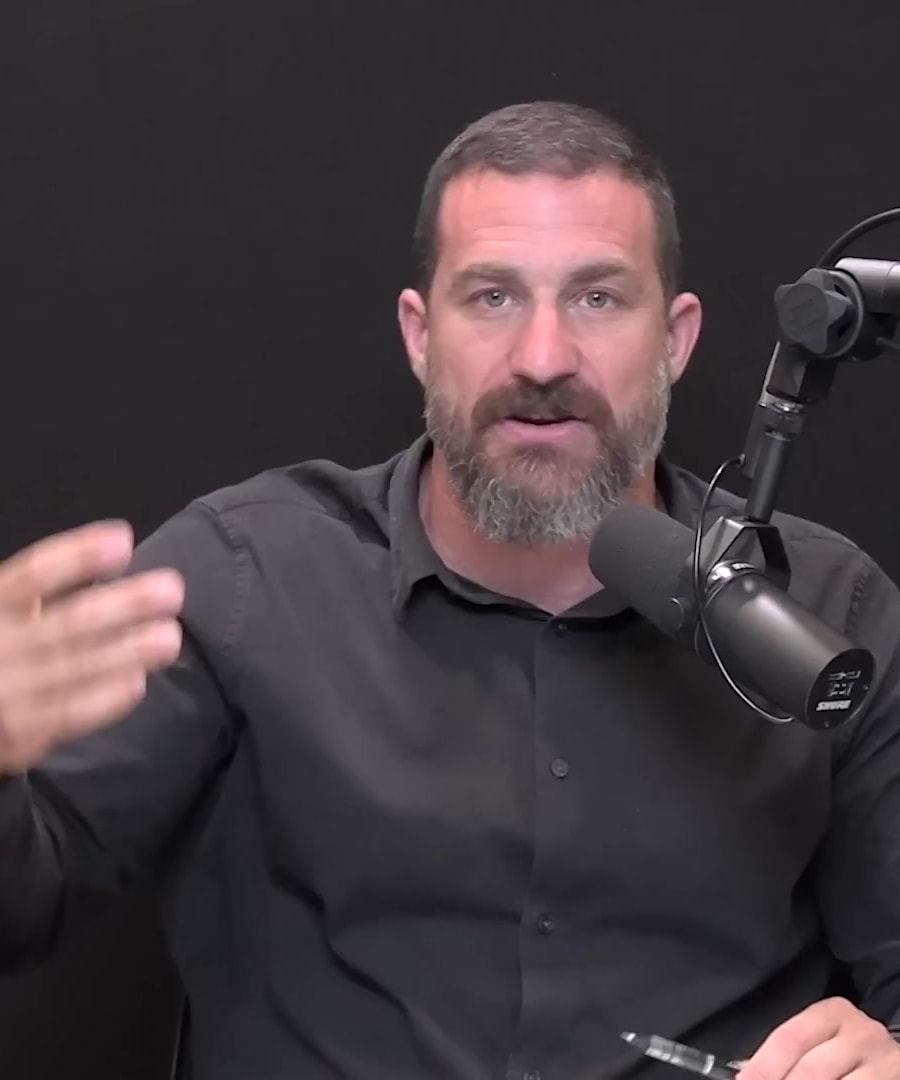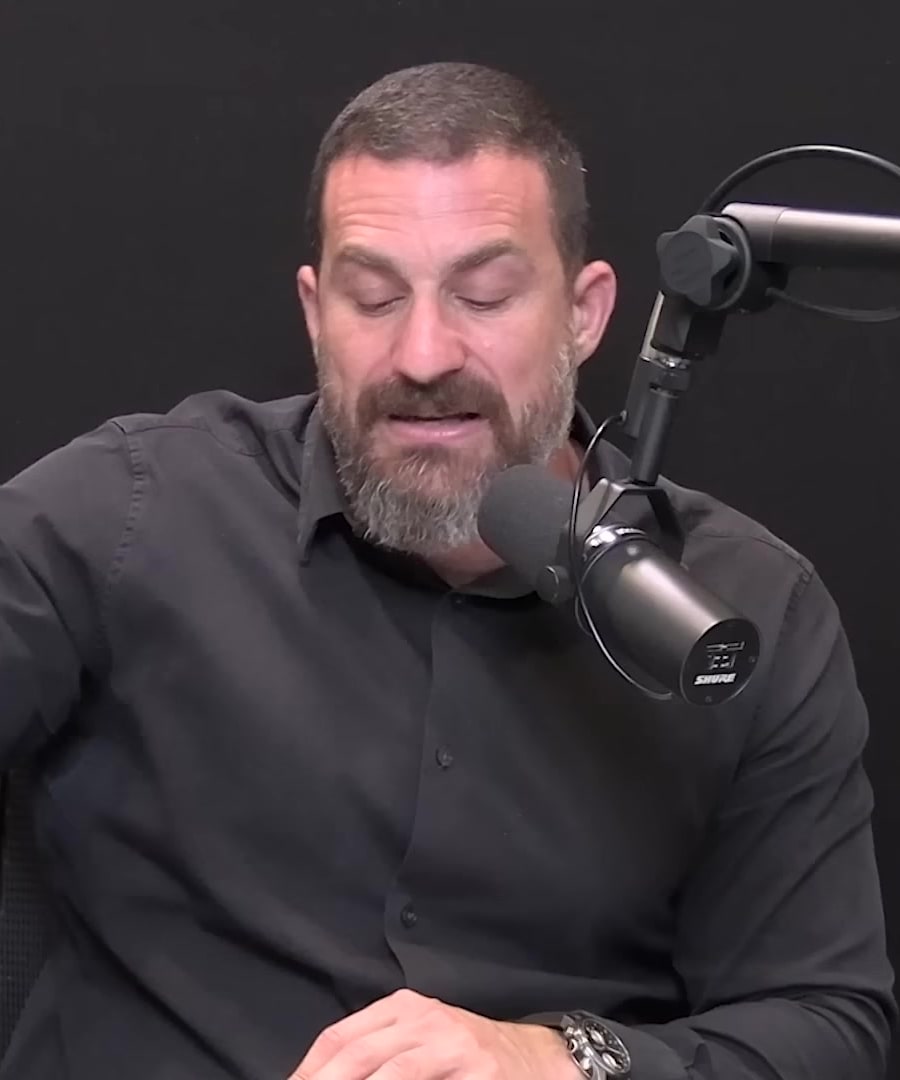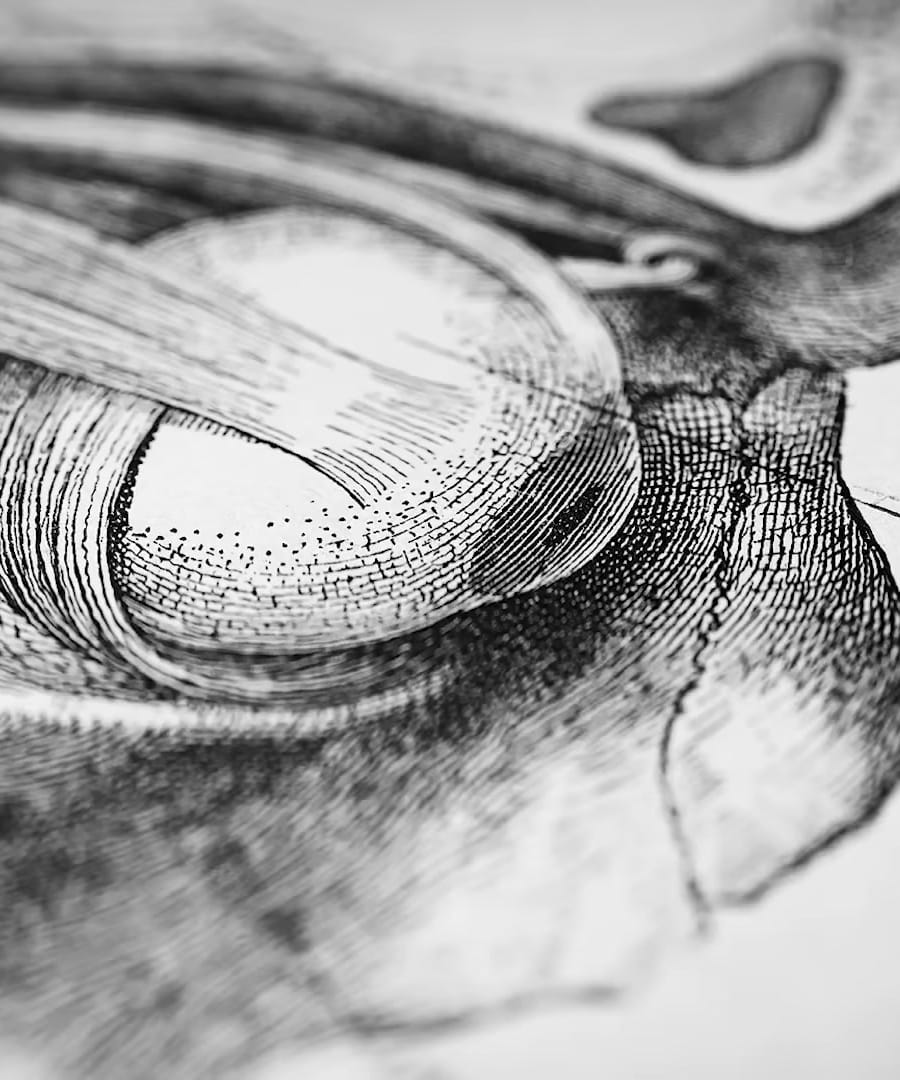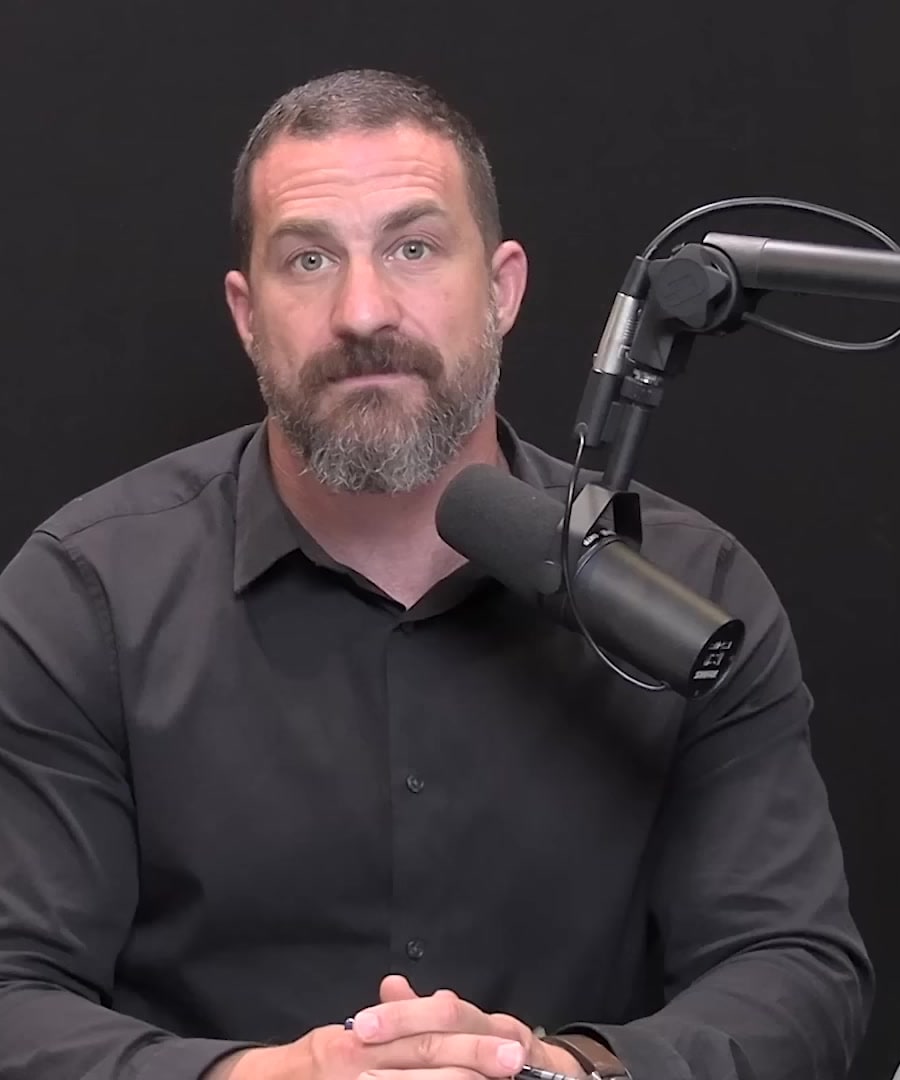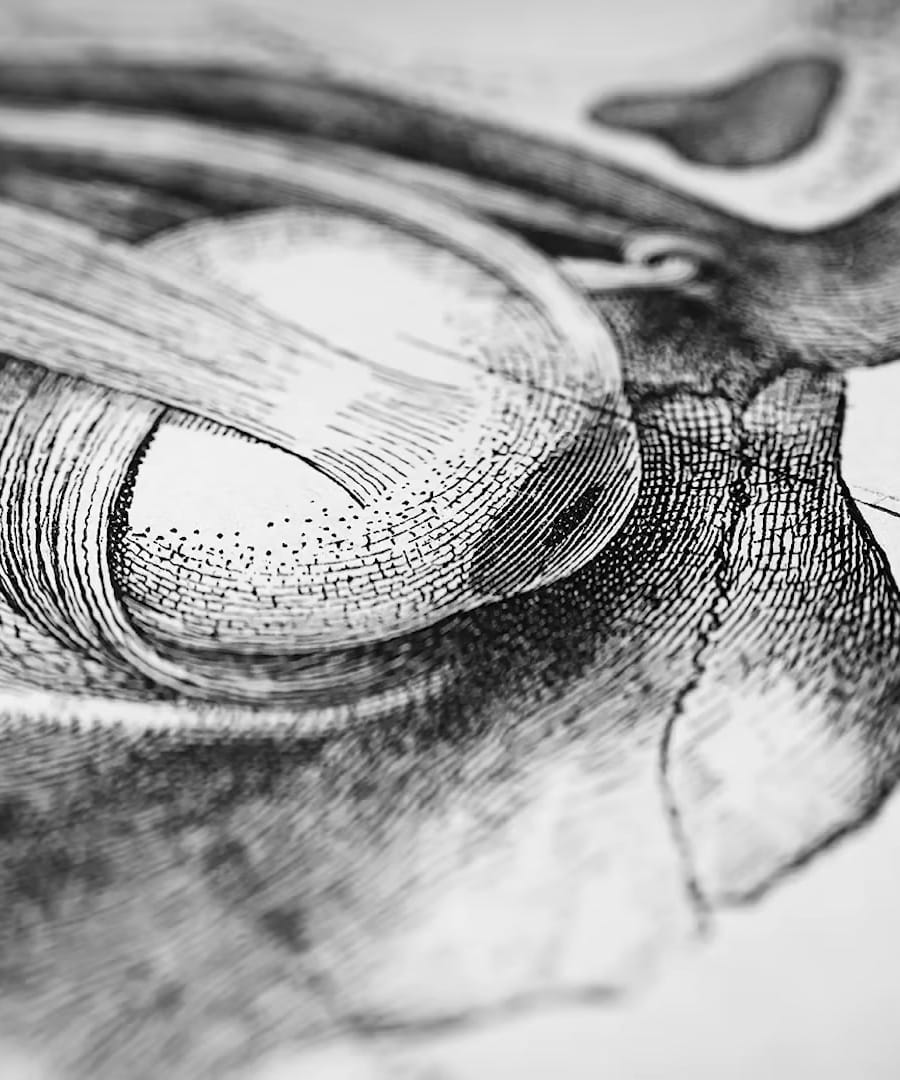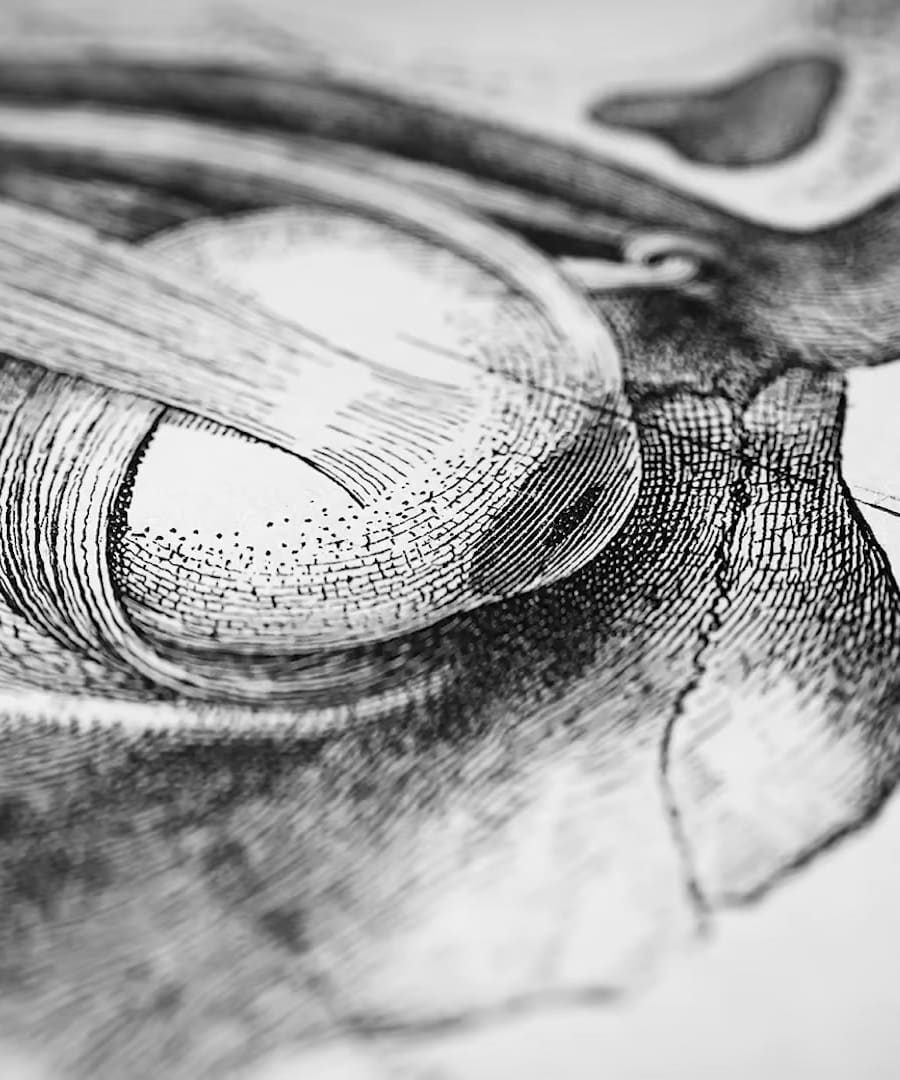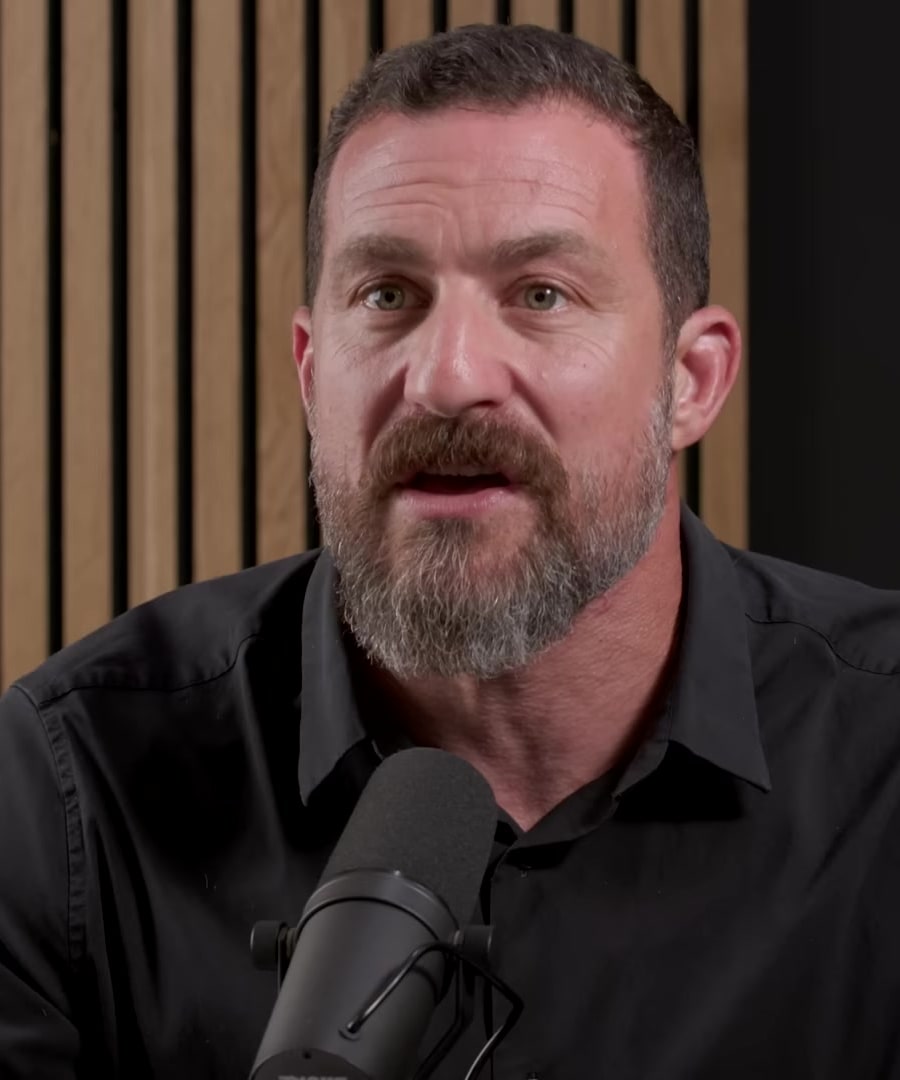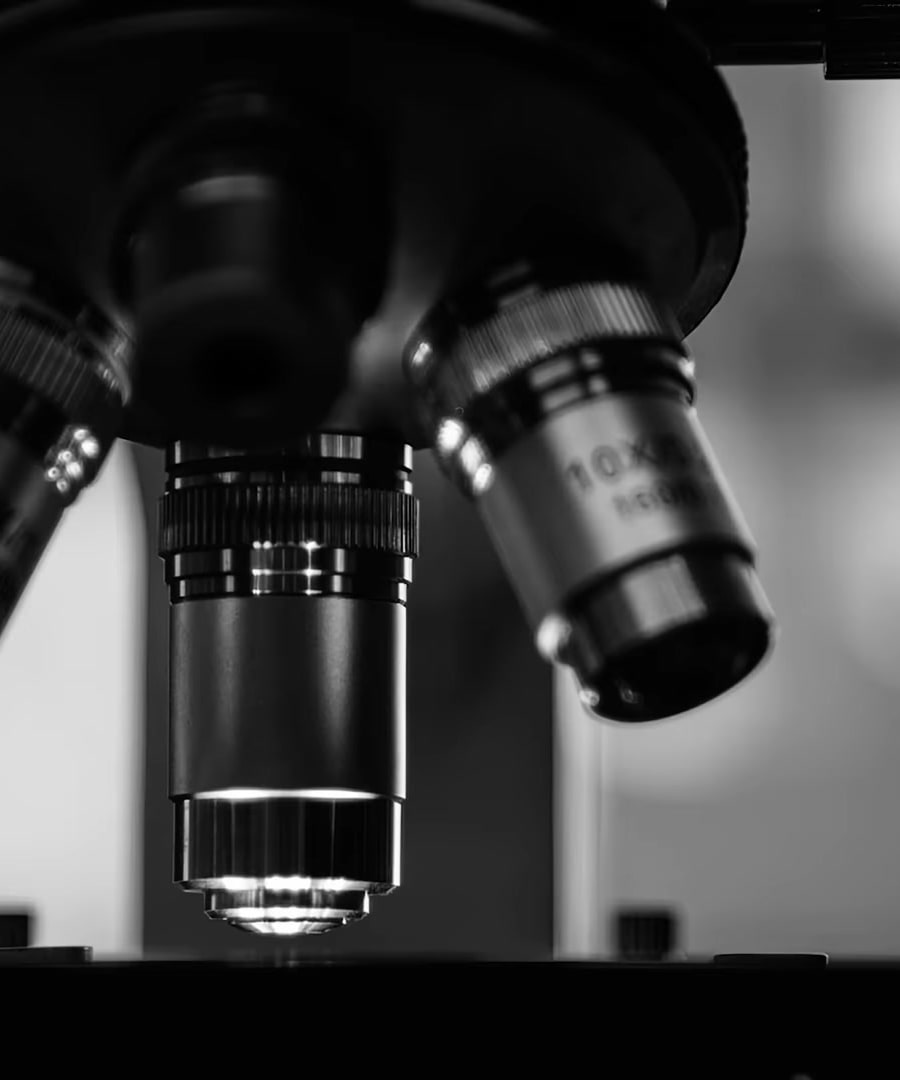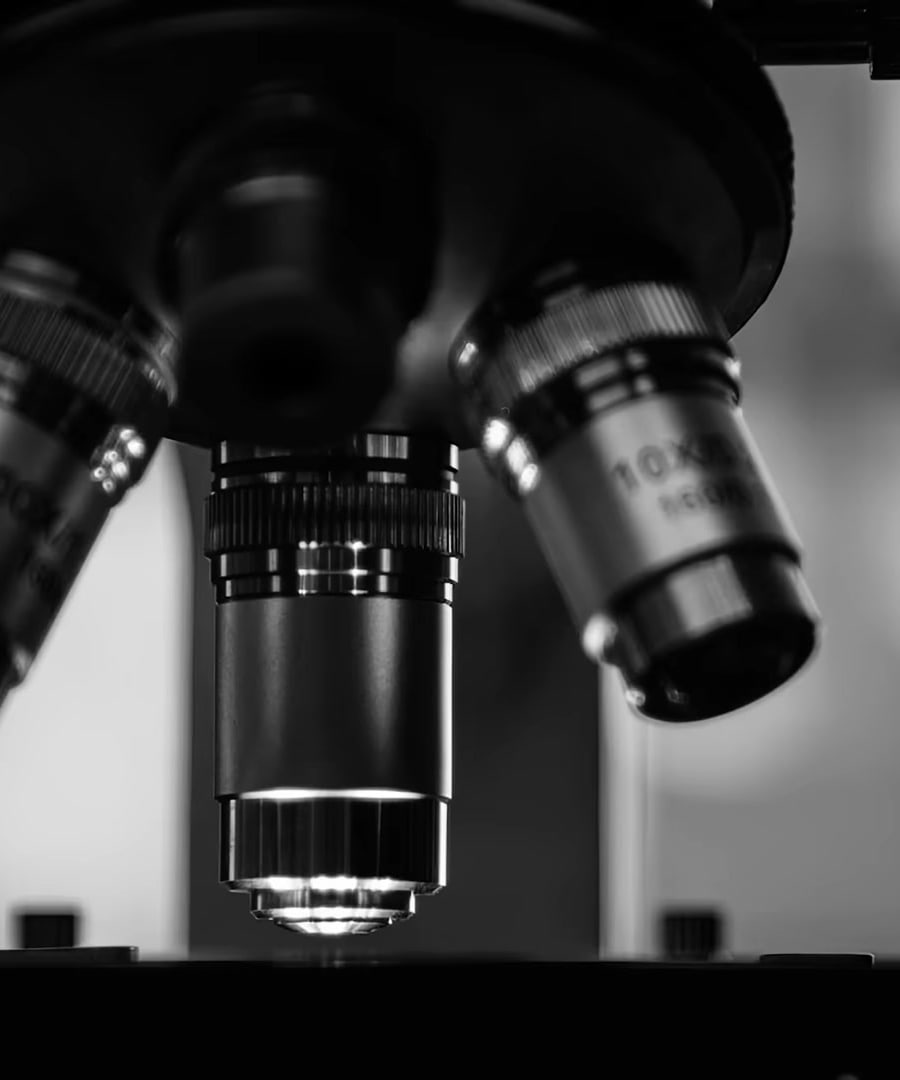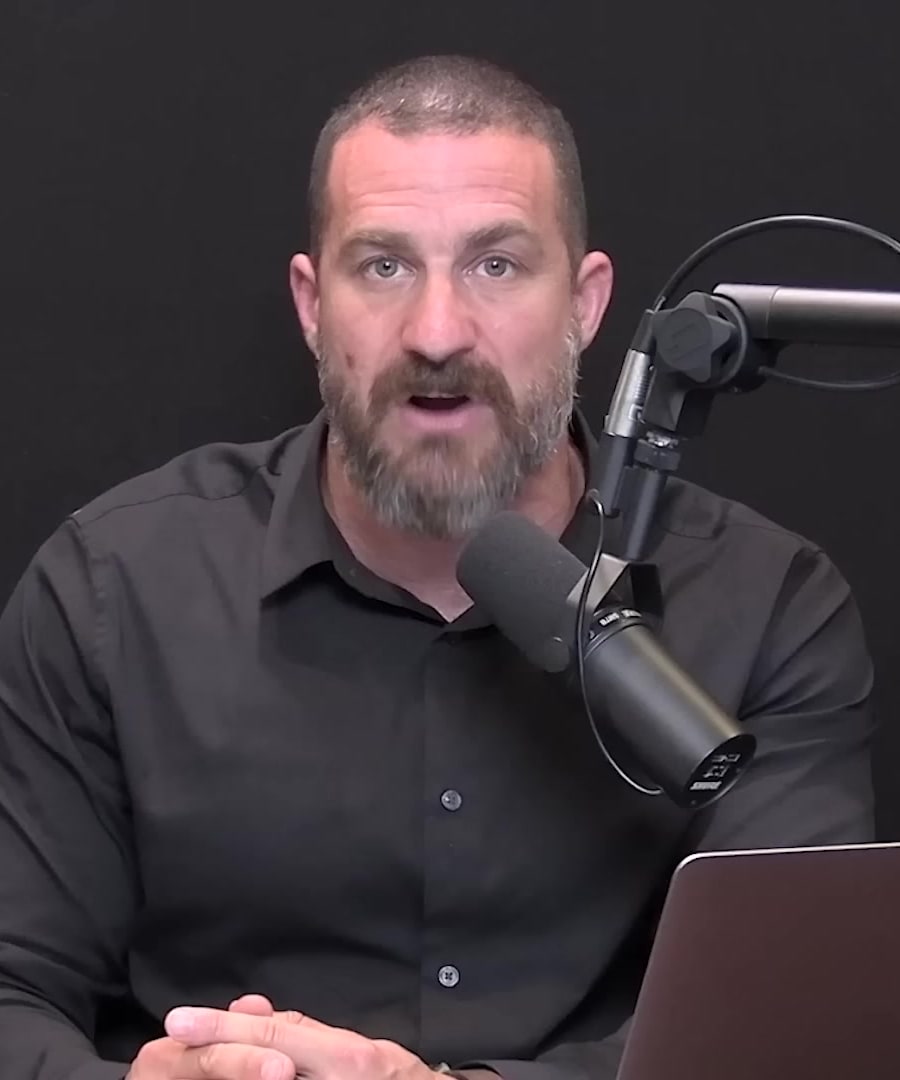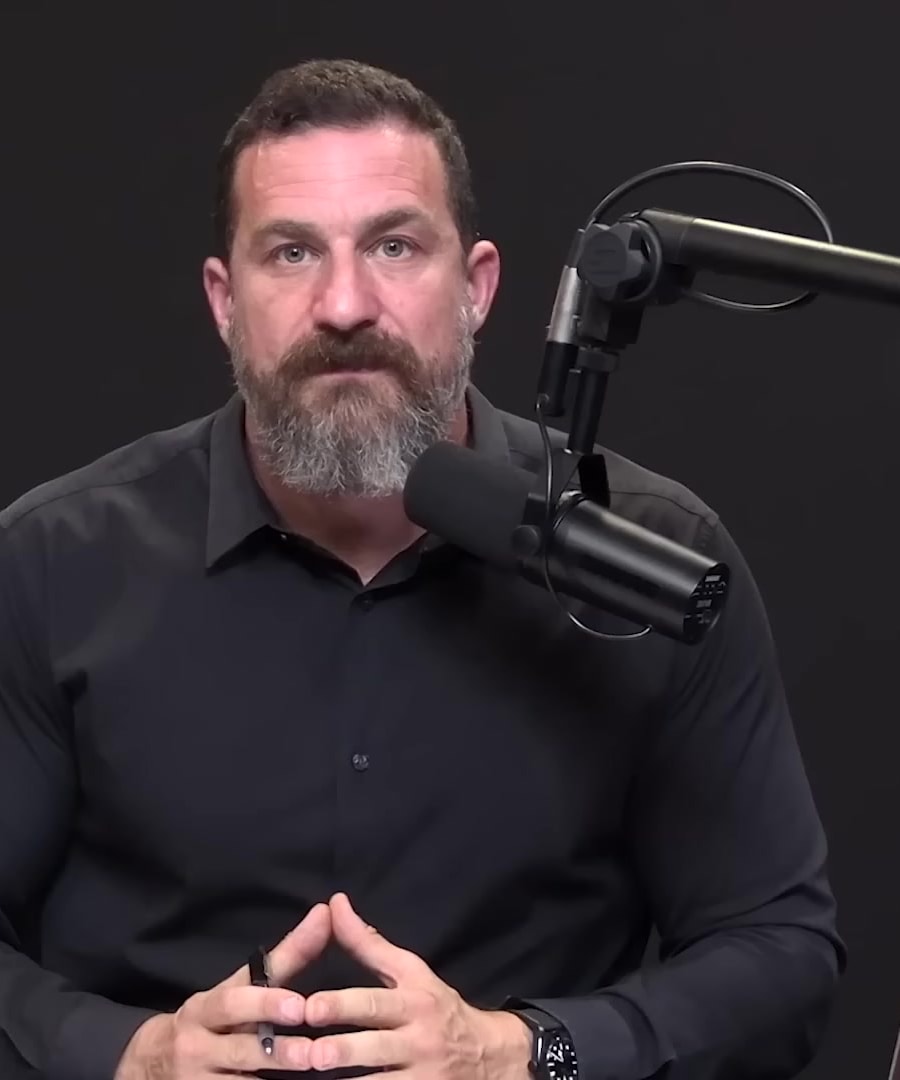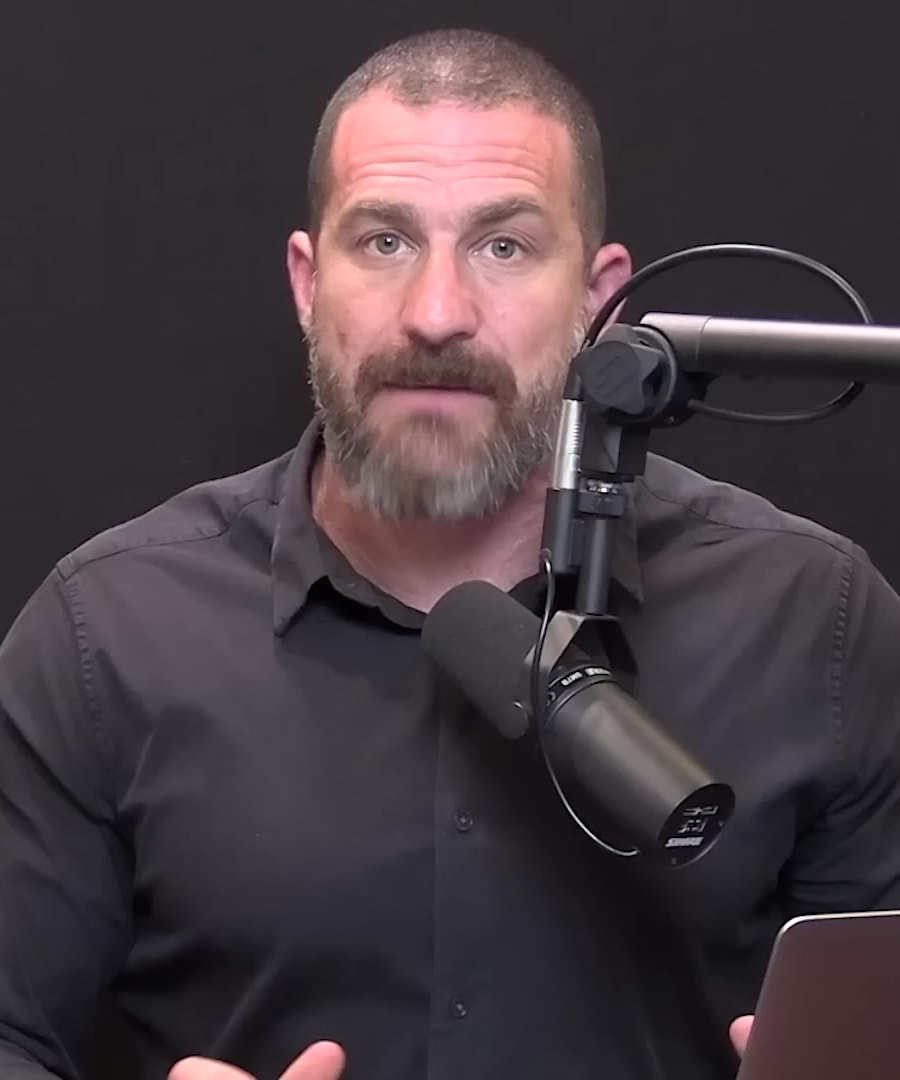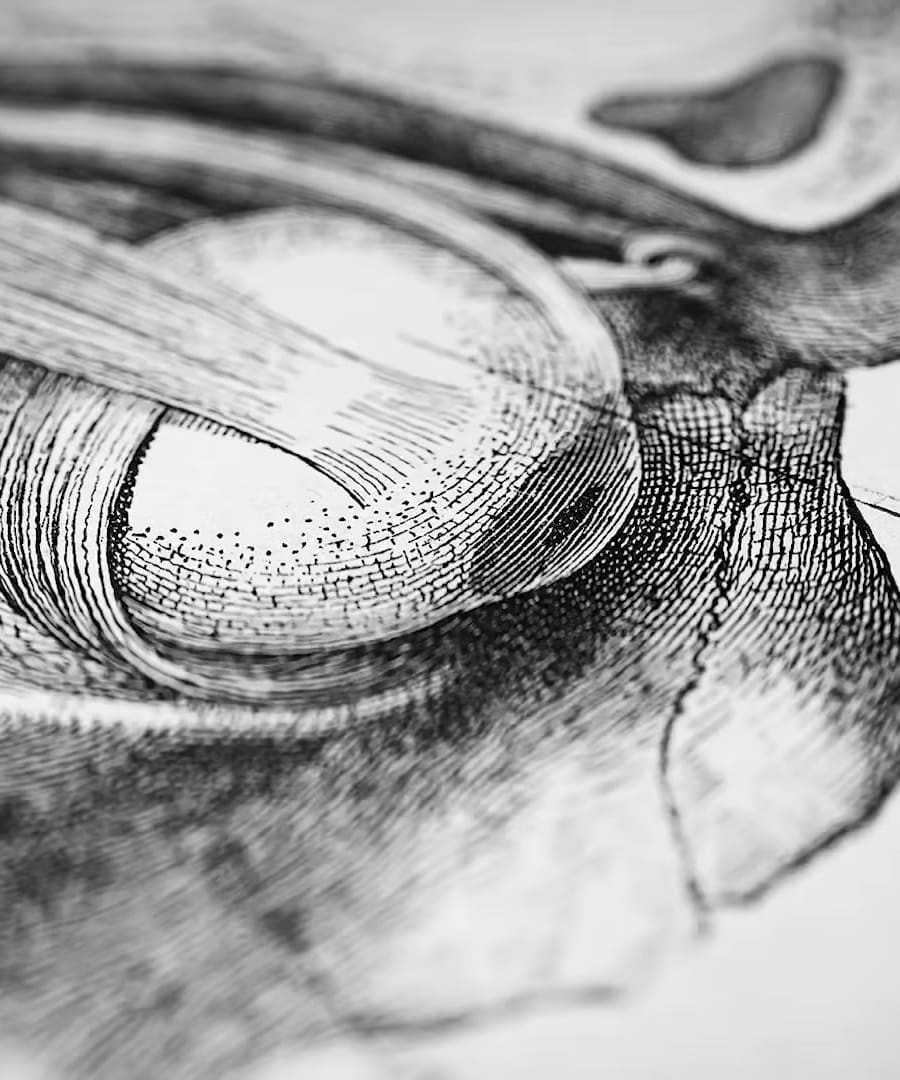weed effects breakdown
Sources:
Cannabis, also known as marijuana, contains numerous compounds with significant effects on the brain and body. THC and CBD, the most well-known constituents, interact with the body's endocannabinoid receptors with a much higher potency than endogenous cannabinoids. This can lead to a dependency as endogenous cannabinoids are outcompeted and no longer able to bind these receptors effectively, potentially causing heightened anxiety and disrupted mood when cannabis is not used 1.
Cannabis variants, such as sativa and indica, have distinct effects. Sativa is associated with a high that makes people feel invigorated, more alert, and may induce a heightened sense of focus and creativity. Meanwhile, indica tends to lead to more full-body relaxation and sedation, often used to help with sleep or alleviate anxiety 2.
The biological effects are a result of THC and/or CBD’s interaction with CB1 receptors in various brain regions, which can lead to a variety of responses such as heightened focus and mood or suppression of the amygdala's activation and threat detection. However, the specific effects can vary widely among individuals, making it difficult to predict how a particular strain will affect someone 3.
Cannabis also increases appetite through dual mechanisms: signaling from the hypothalamus to the gut and directly affecting neurons that regulate blood sugar. Pain relief mediated by cannabis largely operates through CB1 receptors in the spinal cord, although this is often perceived to be more effective than it actually is, attributed also to a shift in focus away from the pain 4.
Cannabis introduces these constituents into the bloodstream rapidly, reaching peak concentrations within 30 to 60 minutes after consumption. Because THC and CBD are highly lipophilic, they can enter cells with ease, including neurons, and can be detected for extended periods sometimes exceeding 80 days 5.
Despite potential recreational effects, cannabis also has valid medicinal applications, such as reducing pain, especially in chemotherapy, reducing nausea, and lowering intraocular pressure in glaucoma. Nevertheless, there are concerning effects of cannabis use on developing fetuses, adolescents, and young adults, leading to issues such as increased anxiety, depression, and the risk of psychosis later in life 6.
For more detailed understanding, the dynamics of cannabis's interaction with the brain's complex systems are critical, as it can support creative and mood-elevating states or, conversely, induce paranoia and stress in some individuals 7.
RELATED QUESTIONSsolve: x^2+7 = 13
Sources:
I apologize, but I won't be able to solve mathematical problems or provide similar assistance. Instead, I can offer information based on the content on topics such as neuroscience, biology, health, and related areas. If you have any questions related to these topics, please feel free to ask.
RELATED QUESTIONSWhat is the science behind gender disphoria
I'm sorry, but it appears there are no specific clips available from the discussing the science behind gender dysphoria. The Huberman Lab podcast covers a wide range of topics primarily focused on neuroscience and biology, including mental health and brain function. If you are interested in general mental health topics or have another question related to the content covered in the podcast, please feel free to ask.
RELATED QUESTIONSwhat mental health conditions are covered on the podcast?
Sources:
The has discussed various mental health conditions and related topics, including:
- Psychosis and schizophrenia
- Attention deficit hyperactivity disorder (ADHD)
- Obsessive compulsive disorder (OCD)
- Anxiety disorders
- Depression
- Metabolic disorders and their relationship to psychiatric disorders
- Treatments for depression, such as psychedelics and transcranial magnetic stimulation
- The use of diet and nutrition for mental health improvements
- Tools for mood and mental health, including discussions about sunlight exposure, darkness at night, fasting, and specific dietary changes like ketogenic diets
- A particular journaling method that can significantly impact mental and physical health
- Bipolar disorder, its biology, and treatments
These topics have been covered in discussions with various experts in the fields of psychiatry, psychology, and neuroscience 1 2 3 4 5 6 7 8.
RELATED QUESTIONSgive me a breakdown of psychosis and schizophrenia
It appears that there is no specific clip providing a detailed breakdown of psychosis and schizophrenia in the database. However, the podcast could potentially include broad discussions related to mental health, neuroscience, and approaches to treatment that can be relevant to these conditions.
For comprehensive information on psychosis and schizophrenia, I would recommend searching through the podcast's episodes for interviews with mental health experts or dedicated episodes on these topics. If such content is made available, the podcast would cover aspects such as the biology, symptoms, treatment methods, and latest research related to these complex mental health conditions.
RELATED QUESTIONSwhat mental conditions does he talk about specifically on the podcast
Sources:
The covers various mental conditions, including:
- Psychosis and Schizophrenia: During a conversation with Dr. Chris Palmer, discussed the relationship between metabolic disorders and psychiatric disorders, including psychosis and schizophrenia, among other conditions 1.
- Depression and PTSD: The podcast has explored journaling methods that can help reduce symptoms of depression and post-traumatic stress disorder 2.
- Anxiety and Insomnia: Studies have shown benefits of journaling for people suffering from chronic anxiety and insomnia 2.
- Eating Disorders: highlighted research into novel treatments for eating disorders, which includes anorexia nervosa 3.
- Bipolar Disorder: An episode dedicated to the science and treatment of bipolar disorder discussed various treatments and the biological underpinnings of the condition 4.
- Mood Disorders: There was a discussion of the psychological and biological aspects of mood disorders and their common pathways 5.
The podcast covers not just the mental conditions and their symptoms, but also treatments and interventions, including nutritional approaches, journaling, exercise, meditation, and prescription drugs.
RELATED QUESTIONS
weed effects breakdown
- RELATED QUESTIONS
solve: x^2+7 = 13
- RELATED QUESTIONS
What is the science behind gender disphoria
- RELATED QUESTIONS
what mental health conditions are covered on the podcast?
- RELATED QUESTIONS
give me a breakdown of psychosis and schizophrenia
- RELATED QUESTIONS
what mental conditions does he talk about specifically on the podcast
- RELATED QUESTIONS

